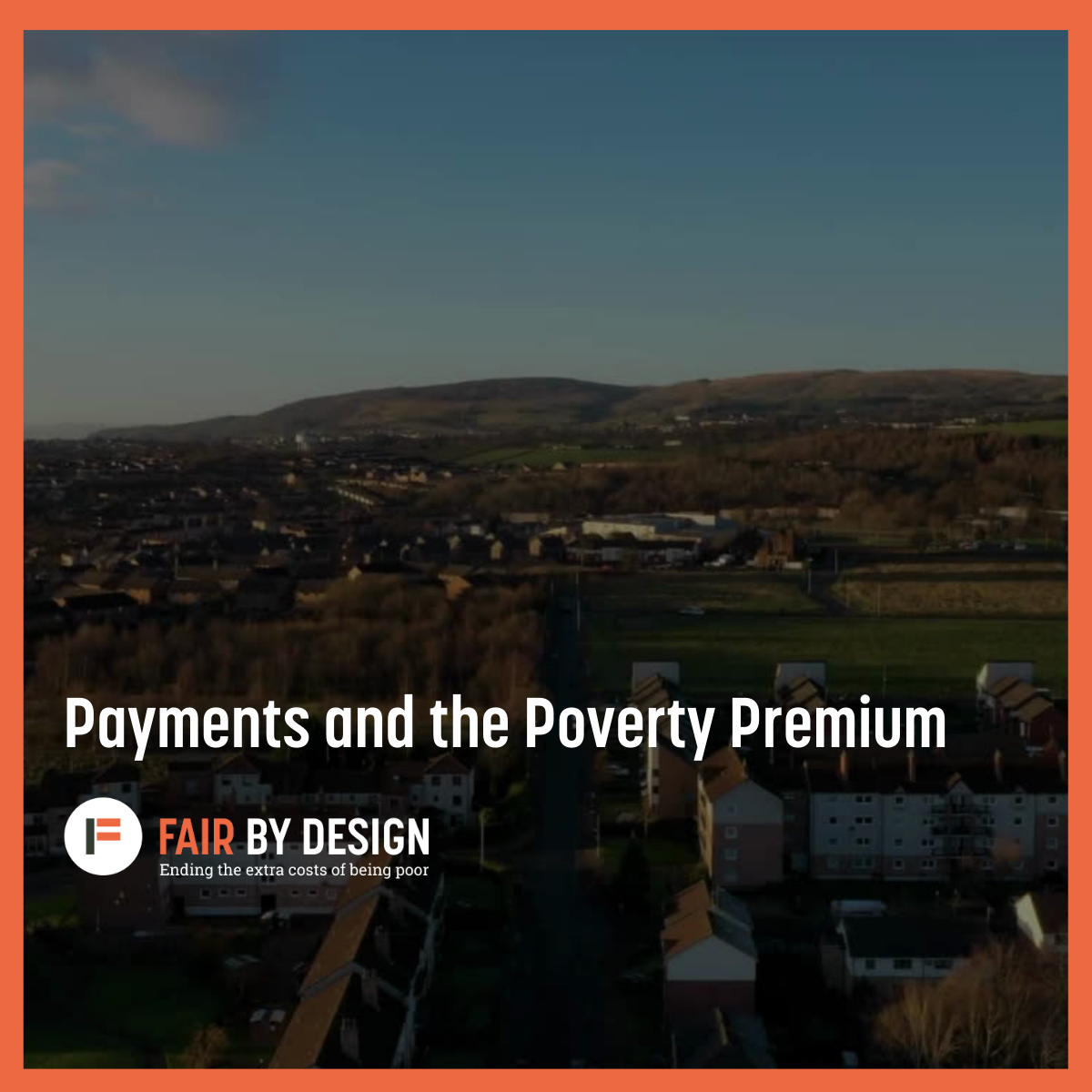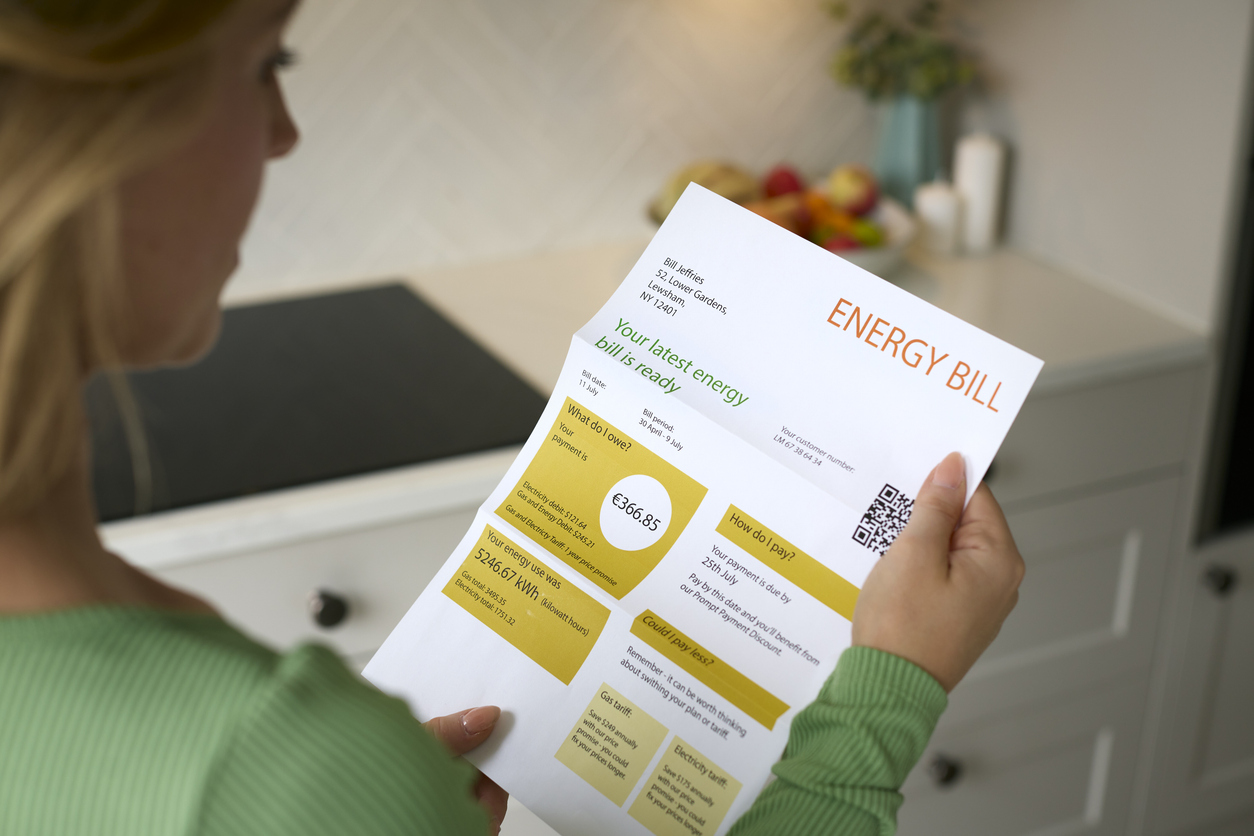By Carl Packman, Head of Corporate Engagement at Fair By Design
The chancellor is being urged to be ambitious with his recovery package. To help low income households on their journey, he should cut VAT on energy bills.
It’s not bombastic to say coronavirus has had a colossal impact on life as we know it. This won’t change any time soon. All over the world, public health has taken centre stage and the way in which most of us lived our lives has changed beyond recognition.
In the UK, despite fast-acting political changes, many people still find themselves living a precarious “new normal” life, which will be hard – perhaps even impossible – to reverse. Among the many concerns, this will include people’s ability to afford essential staples like food and a warm home.
Before the pandemic, the financial situation of many households already teetered on a cliff edge. The Financial Conduct Authority’s Financial Lives Survey, carried out in 2018, found that “3.7 million adults could not cover living expenses for under a week if they lost their main source of income”, while “7.4m people faced significant debt burdens – typically in the form of mortgages, loans, credit cards or council tax arrears.”
As lockdown hit and the economy began to take a tumble, Citizens Advice found that many people across the country faced an unprecedented income shock. This included the seven million people in the UK with no financial savings, the five million self-employed people, many of whom weren’t sure of their eligibility for Government support, and 1.5 million people in jobs that didn’t qualify for statutory sick pay.
All the while, a third of those on the lowest incomes were employed in shut down sectors, compared to the 5 per cent of people in the top income decile. PWC found that 38 per cent of households with an income below £20,000 had seen a decrease in their disposable cash since the lockdown.
Extra energy costs
Since lockdown, the double threat of lower disposable cash and higher utilities bills became very real. With more people now stuck at home and using more household energy, Uswitch predicted that the 11m people on poor-value Standard Variable Tariffs (SVTs) for their gas and electricity would end up spending an extra £16 a month on energy – equivalent to £195 a year.
A survey of consumers in May, by price comparison website Compare The Market, found 72 per cent were using more energy during the lockdown period, which would inevitably lead to higher energy bills. For consumers already struggling with their bills – like the 1.3 million electricity customers and 1 million gas customers in arrears to their energy suppliers – this adds an extra blow.
The response from the regulator, Ofgem, and energy suppliers to help struggling households should be commended. Given the nature of the circumstances, the unpredictability of the way in which the crisis unfolded, it was incredible how quickly they were to act.
Support included pauses on debt collections, halting disconnections during the outbreak period, and the provision of discretionary credit. However the price of household energy will still be a pain point now and in the near future.
The task to remove that pressure from households doesn’t just fall to regulators and suppliers, but to government as well. Conveniently we are days away from a mini-budget set by the Chancellor Rishi Sunak, where he is expected to consider tax cuts as part of a package of remedies to stimulate the economy and “build back better.” Lowering the price of energy for households needs to be one part of this package.
Now outside of the EU and in the transition period, the UK can now consider cutting VAT on the cost of household energy bills where it couldn’t before. Since 1993, VAT has been imposed on the price of domestic energy which has disproportionately impacted those on lower incomes, since these households spend around three times more of their income on energy bills than the richest households.
Assuming energy suppliers pass on all the saving to customers, cutting 5 per cent VAT added on to energy bills would reduce their cost to all households by around £60. This would represent a very attractive saving to a household that has recently seen their income drop while their outgoings increase.
While tax cuts aren’t generally the optimal way to help low income households save money, this tax cut would be much more progressive. It would be particularly beneficial to those most at risk of fuel poverty and those who end up paying a high price for their household fuel.
Additionally we need targeted schemes to reduce household bills, particularly for low income households hardest hit. We still need to make sure new data sharing powers enable extending and expanding the Warm Home Discount scheme – a £140 rebate for low income/pensioner households who struggle to adequately heat their home.
Manifesto promises on energy efficiency measures need to be kept, as well as action to ensure homes meet minimum energy efficiency standards, as set out in the government’s fuel poverty strategy. These are fundamental to saving money and lives, particularly when we enter the winter months.
The journey to recovery will not be easy. And if the Chancellor is considering taxes as a route to reinvigorating the economy and offering a helping hand to households, especially those that have seen their financial situation worsen as a result of this global pandemic, then cutting VAT on energy should absolutely be high on his priority list.





